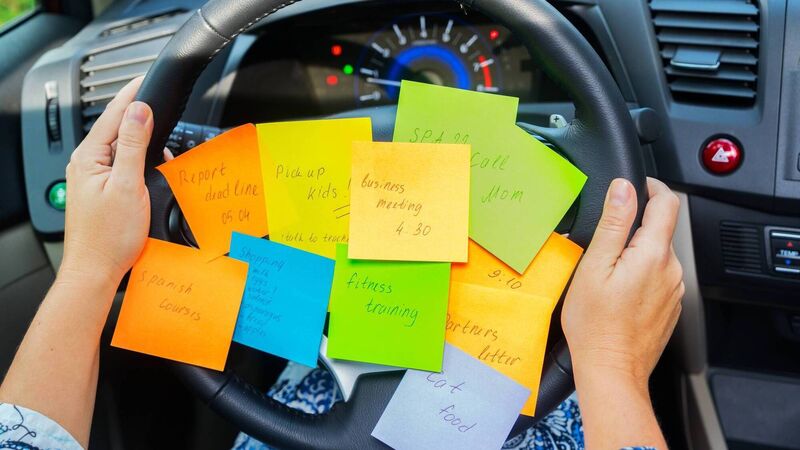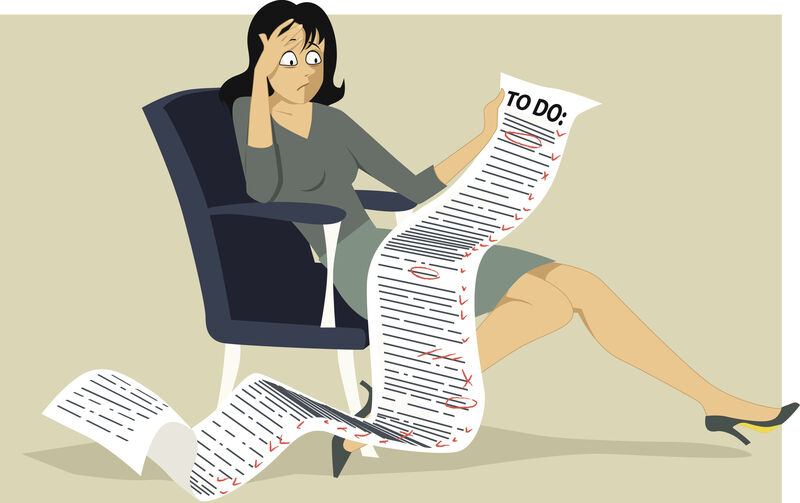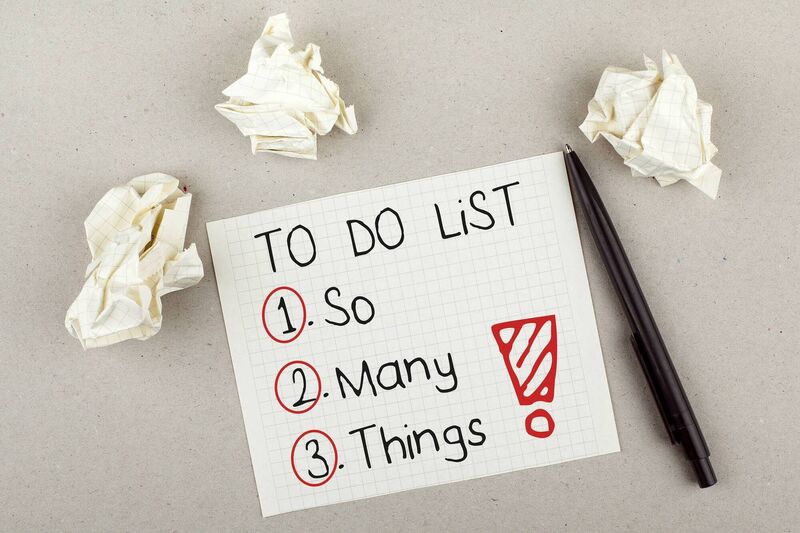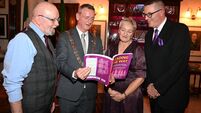Dr Michelle O'Driscoll: The art of Procrastination

Procrastination is the complete opposite of productivity. Picture: Stock
WE all have to-do lists of one kind or another. Home lists, work lists, life lists. Lists that have made it onto paper, and lists that swirl around our heads as we lie awake at night. These are compiled of things that we need to get done, goals that we would love to achieve.
But have you got the same items sitting on your to-do lists for the last few weeks, months, or even years? Do you frequently distract yourself from the fact that you have important deadlines to meet by making “lists of lists”, by picking off the trivial jobs each day and avoiding the big ticket items?
Everybody is familiar with that feeling of being stuck, not being able to progress, lacking productivity, dancing around the pressing issues. And still things don’t get done. This is procrastination at its finest, the absolute opposite of productivity.
There is nothing more frustrating than that feeling of writer’s block for the to-do lists of your life. But why does it happen? Sometimes procrastination can be attributed to burnout, anxiety or depression. If this is the case, then other tell-tale symptoms will also be present. Watch out for things like changes in mood, appetite, or energy levels.
More often though, procrastination can occur because of uncertainty about the path you’re taking (am I doing the right thing?), being overwhelmed (where do I start?) or fear of not being good enough (seeking perfection). And ironically, the resulting procrastination further feeds those issues, only serving to fuel your insecurities. A vicious circle that can only be broken by action.

The best way to overcome procrastination is to start. But how? If it were that simple, you’d have done it by now!
Below are some tactics that can be used individually or in combination to inspire productivity in the face of procrastination.
Mel Robbins describes in one of her talks the 5,4,3,2,1 method for productivity. Inspired by seeing a rocket take off on the television, her theory is that by counting down from 5 and then acting immediately, you remove the prolonged agonising associated with the task.
Mel began by using it to get out of bed in the morning rather than pressing snooze on her alarm. Over a period of weeks she had applied it to all sorts of other tasks that she was tending to avoid, and exponentially increased her productivity.
A famous phrase for prompting productivity is “just eat the frog.”
While initially somewhat abstract, it essentially means that some tasks will not be pleasant, and you’re doing yourself no favours by spending the day thinking about just how unpleasant they will be, and prolonging the unpleasantness further. Just take a deep breath and get it over with!
Don’t leave it there to spoil your day or the rest of the more pleasant tasks ahead of you.

Prioritisation — avoid the common pitfall of getting lots done but not the most important tasks. Take your to-do list and put it in order of the most important tasks for that day.
Implement the rule that you cannot move onto another item on the list until the previous one is finished. This will eliminate the temptation to stick on a load of laundry instead of tackling that proposal for work, or to cut the grass instead of finalising that presentation.
With this approach, the tough stuff will no longer be sidestepped.
Microsteps — the “eat the frog” advice encourages tackling a task in one fell swoop. But what if the task is complex, lengthy or overwhelmingly large? It can be too difficult to even consider “just doing it,” or to know where to begin.
Here, an alternative approach might be to break the task down into micro tasks. The key is to commit to completing just the firs small piece of the bigger task.
Just write one paragraph. Just clean out one drawer. Just reply to the first email. The vast majority of the time, once you’ve actually started, the feeling of accomplishment is addictive and you’re probably going to keep going.
Have you ever finally got around to completing a task and wondered to yourself “why didn’t I start this sooner, it’s actually fine!” Apply the above techniques and see how it’s just like rolling a heavy rock, once you get it moving initially its own momentum kicks in.
Enjoy increased productivity, a sense of accomplishment, a boost in self-confidence, and most importantly start seeing results.
Sometimes procrastination can be attributed to burnout, anxiety or depression. If this is the case, then other tell-tale symptoms will also be present.
Dr Michelle O’Driscoll is a pharmacist, researcher and founder of InTuition, a health and wellness education company. Her research lies in the area of mental health education, and through her company InTuition she delivers health promotion workshops to corporate and academic organisations nationally. See www.intuition.ie and @intuitionhealthandwellness







 App?
App?


